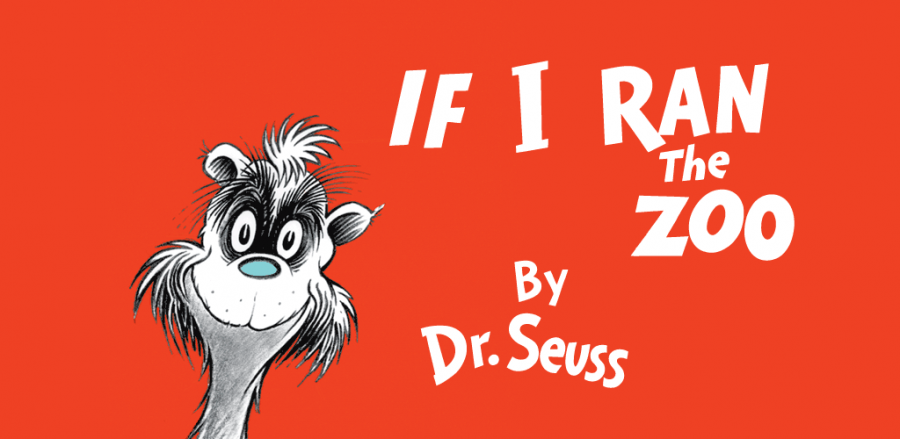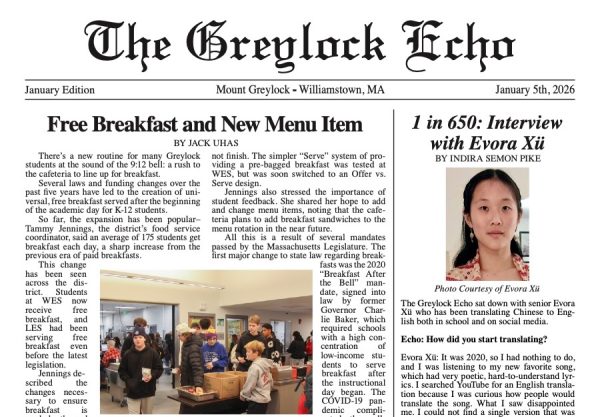District Elementary Schools Remove Six Dr. Seuss Books from Libraries
During early March of this year, Mount Greylock Superintendent Dr. Jake McCandles sent a letter to the district’s elementary school teachers instructing them to remove the following titles by popular children’s book author Dr. Seuss from classrooms and libraries: And To Think That I Saw It On Mulberry Street, If I Ran the Zoo, McElligot’s Pool, On Beyond Zebra!, Scrambled Eggs Super!, and The Cat’s Quizzer.
The removal of these titles comes during increasing media attention about the racist, insensitive, and bigotted depictions of Seuss’s characters of color. Suess’s entertainment company, Dr. Seuss Enterprises, has ceased publication and promotion of the six books. The decision, according to the company, “is only part of our commitment and our broader plan to ensure Dr. Seuss Enterprises’ catalog represents and supports all communities and families.”
The Mount Greylock School District is not the only district seeking to remove these titles from their shelves. There has since been a national push for many schools to remove the titles.
Although Mount Greylock High School did not have any of the titles on its shelves, according to Library Media Specialist Liza Barrett, the district elementary schools, in accordance with Dr. McCandless’s instructions, have since removed any of the titles.
Although the majority of the pulled books were not the most popular examples of Seuss’s work, the action has nonetheless sparked media outrage, most noticeably amongst right-wing commentators. Some have attributed the actions of the publisher and many school districts to “cancel culture,” a term used to describe a perceived dramatization in the “canceling” of a controversial person or construct.
“These books move past controversy into ‘offensive’ and promote negative stereotypes,” wrote McCandless in the email. “With early readers an adult may or may not have the opportunity to discuss the historical context or deeply offensive and incorrect characteristics of certain portrayals. This goes beyond controversy.”
Principal Jake Schutz shared this sentiment: “It’s not cancel culture, it’s being mindful of what’s in our buildings.”
Both Schutz and Barrett support the notion that the books could work as tools to analyze racism through a historical and cultural context. However, they both expressed that unchecked access to the books could potentially inform racist and bigoted perceptions amongst young readers.
“I do think they should not be on library shelves for children to read or look at without the benefit of someone giving them context, historical perspective, or remind them that this is not really how anyone is, but they are cartoons and mean cartoons at that,” said Schutz.
The actions by the district, and by many around the nation, do not exist in a vacuum. In tandem with concerted efforts to promote and define diversity, equity, and inclusion, the school community will continue to move in the right direction in drawing attention to and correcting bigotry, hatred, and insensitivity.







